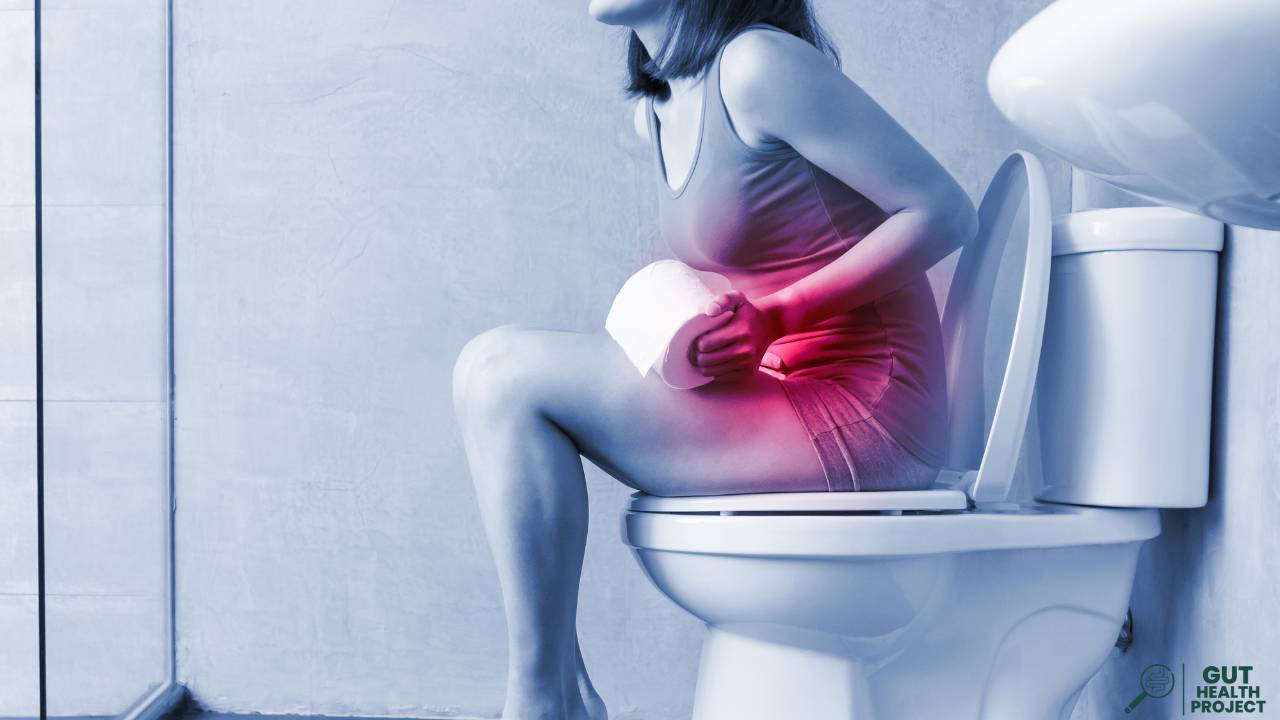Still Struggling with Constipation? Even With Fiber, Water, and Exercise?
Apr 10, 2025
You’re doing all the “right” things—staying hydrated, eating fiber, moving your body—and yet… you’re still constipated. Sound familiar?
Every day, I speak with clients who are exhausted from chasing temporary relief. Many have been handed labels like IBS-C (Constipation-Predominant Irritable Bowel Syndrome) or Functional Constipation, and sent off with a laxative and vague advice like “eat more fiber.”
And while those suggestions aren’t wrong… they’re usually not enough.
Here’s the truth:
Chronic constipation isn’t just something you have to live with—it almost always has an underlying cause. And if we don’t uncover and address that cause, we’re only treating the symptom, not the problem.
If you’ve been diagnosed with IBS-C, Functional Constipation, or suspect something deeper is going on—this guide is for you.
Inside, we’ll cover:
-
What IBS-C and Functional Constipation actually mean
-
Why these definitions often fall short
-
The difference between symptoms and root causes
-
The top 3 hidden causes of chronic constipation
-
How to start figuring out what’s really going on in your gut
So What Are IBS-C and Functional Constipation?
Healthcare providers typically use these definitions (from the Rome criteria):
IBS-C (Irritable Bowel Syndrome with Constipation):
-
Abdominal pain or discomfort at least 3 days/month
-
Pain improves after bowel movements
-
Pain begins when bowel movements are less frequent or harder
-
Hard/lumpy stools at least 25% of the time
Functional Constipation:
-
Straining during at least 25% of bowel movements
-
Hard or lumpy stools for at least 25% of movements
-
Sensation of incomplete evacuation
-
Fewer than 3 bowel movements per week
-
Use of manual methods to pass stool
-
Loose stools rarely occur without laxatives
-
Criteria for IBS not met
Here’s the Problem…
These definitions treat constipation like a standalone condition. But constipation is a symptom, not a diagnosis.
When we stop at the label, we stop asking why it’s happening.
I’ve had clients told it’s “normal” to go every few days. Let’s be clear: it’s not. Daily, complete, easy bowel movements are a core sign of gut health.
Symptom vs. Root Cause
Think of constipation like a warning light on your dashboard. It’s telling you something’s wrong—but it’s not the actual issue.
-
Symptom = what you're feeling (constipation)
-
Root cause = why it’s happening
You can mask the symptom with a laxative. But unless you dig deeper, it’ll keep coming back.
Top 3 Root Causes of Chronic Constipation
1. SIBO (Small Intestinal Bacterial Overgrowth)
When bacteria that belong in the large intestine migrate to the small intestine, they ferment food in the wrong place.
-
Hydrogen gas = more likely to cause diarrhea
-
Methane gas (from archaea) = slows digestion and causes constipation
If you feel gassy, bloated, and backed up after meals—this could be the cause.
2. Gut-Brain Axis Disruption
Your brain and gut are in constant conversation. Stress, trauma, or anxiety can mess with that connection and slow down gut motility.
Chronic stress literally impacts how often you go to the bathroom. Your nervous system matters more than you think.
3. Microbiome Imbalance (Dysbiosis)
Even if SIBO isn’t present, many people have too many methane-producing microbes in the colon. These microbes aren't in the wrong place, but they’re overgrown—often from restrictive diets or low diversity.
And that excess methane? It slows everything down.
How I Help Clients Find Their Root Cause
-
Testing: Breath tests often reveal elevated methane—especially in those with long-term constipation.
-
Thorough history: When did symptoms start? Was there a trigger like food poisoning, travel, antibiotics, surgery, or a stressful life event?
-
Lifestyle + nutrition: What are you eating? Are you eating enough? How’s your sleep, stress, movement?
Constipation often begins when something disrupts the gut—and well-intended changes (like under-eating or avoiding foods) can unintentionally make it worse.
Final Thoughts
If you're struggling with constipation, know this:
There is always a reason, and there is always a path forward.
You don’t have to rely on laxatives forever. With the right support and a root-cause approach, your gut can heal—and your bowel movements can become regular, easy, and stress-free.


